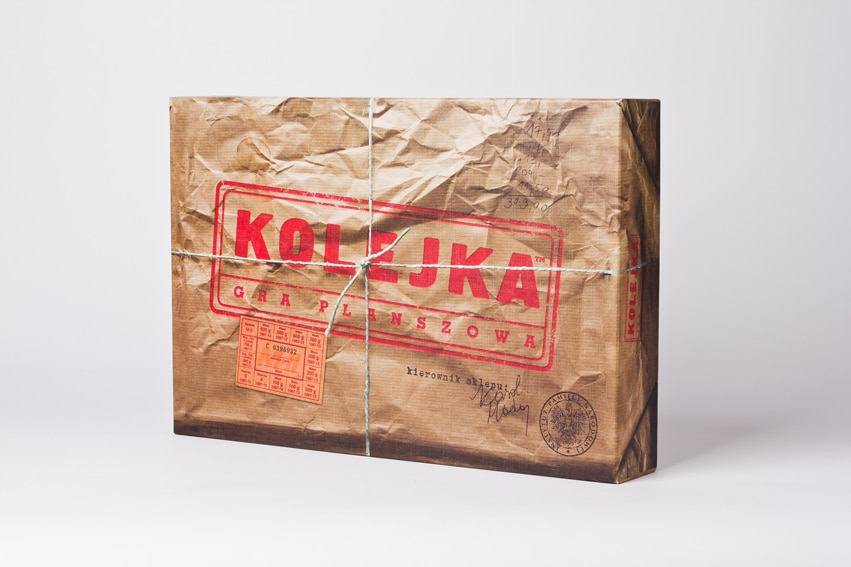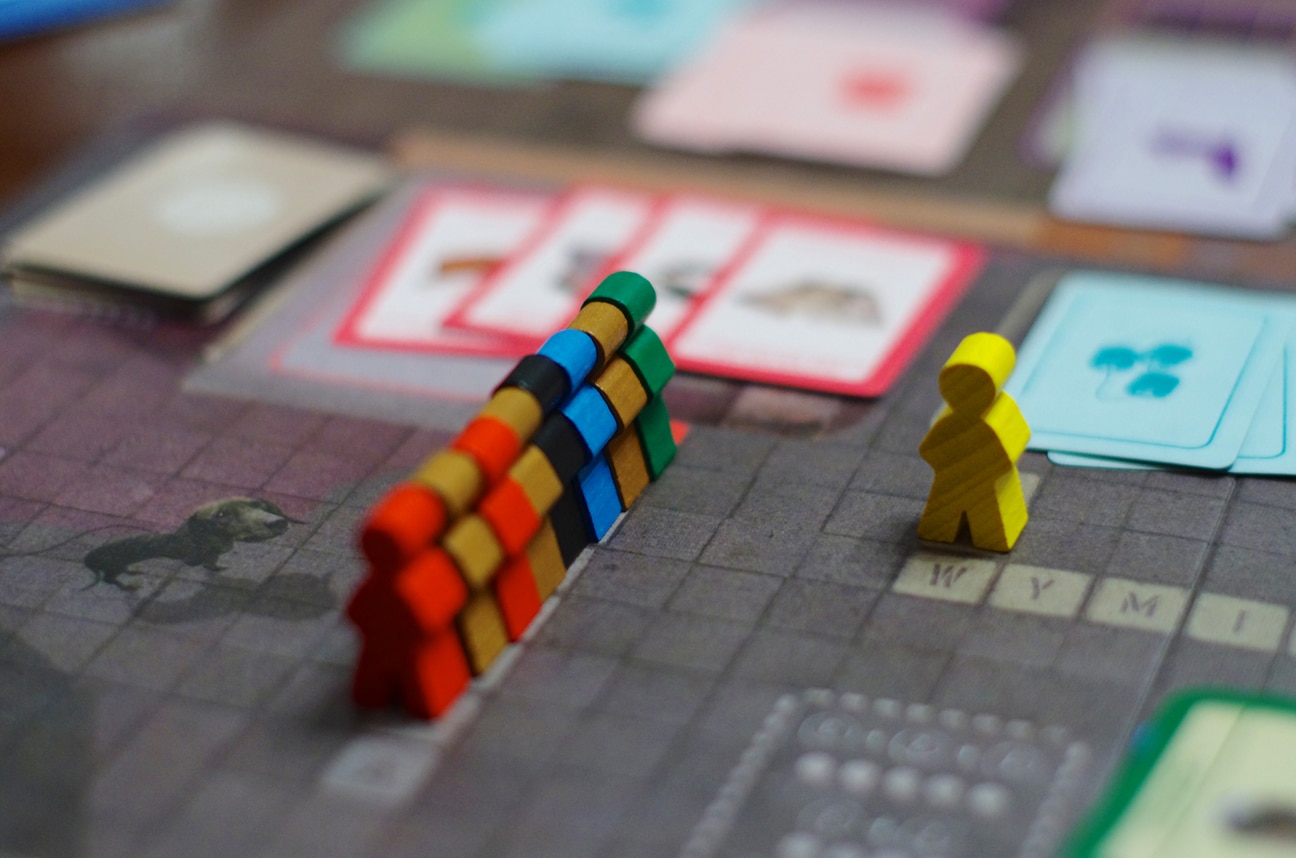Board games and serious politics usually don’t mix. But in 2011, a Polish government think tank known as The Institute of National Remembrance created an interesting board game called Kolejka that The Strong recently acquired for its collections. The Institute researches crimes committed by the Nazi and Communist parties in Poland and makes that information available to the public. Interestingly, part of its outreach includes the publication of board games, which provide historical context in an approachable format.

While working for the institute, game designer Karol Madaj created Kolejka (ko-lay-ka)—meaning “Queue” in English—a quirky and fun way to learn about the challenges for consumers under Communist rule. Since Poland embraced democracy in 1989, its economy has expanded and Polish children have grown up surrounded by luxuries such as candy, electronics, and hipster fashion. But most Polish adults remember eating a “chocolate-like product,” settling for lumpy vinyl Relaks athletic shoes instead of real Reeboks, enjoying perennially unripe citrus fruit, and many other hardships. Worst of all, citizens had to wait in line for these unsavory goods, and stores typically ran out of their limited supplies.
 The game Queue mimics these hardships. Players’ pawns wait in line on the game board to purchase goods represented by cards, such as Relaks shoes and Popularna Tea, real products in short supply during the Communist era. Complications arise when one player trumps another with a “mother carrying a baby” card, or an “under the counter goods” card. To make the game more difficult, “speculator” pawns populate the board, undermining players’ positions in line with black market goods. Shortages felt more fun now that they were part of a game, not a reality of daily life.
The game Queue mimics these hardships. Players’ pawns wait in line on the game board to purchase goods represented by cards, such as Relaks shoes and Popularna Tea, real products in short supply during the Communist era. Complications arise when one player trumps another with a “mother carrying a baby” card, or an “under the counter goods” card. To make the game more difficult, “speculator” pawns populate the board, undermining players’ positions in line with black market goods. Shortages felt more fun now that they were part of a game, not a reality of daily life.
For months after publication, demand for Queue outpaced supply. Eager customers lined up (or queued) to buy a copy and even sold resold copies of the game at inflated prices—just like the bad old days of the Polish black market. It seems that parents were eager for a way to teach their children how awful things had been before the 1989 revolution that overthrew the Communist government. And even though the game’s 40-page instructions warned that it may inspire “tears of exasperation” and “the gnashing of teeth,” both adults and kids in Poland and elsewhere in Europe found its tongue-in-cheek humor enjoyable.
People who lived through the former regime enjoyed poking fun at the difficult days of the past by playing Queue. An explanation of Eastern Bloc consumerism in the game’s instructions, published in six languages, includes a poem about rationing lines which quips, “What are you in line for? Old age.” Aside from being a medium for enjoyment and laughs, the game sparks multi-generational conversations about past times both good and bad.



